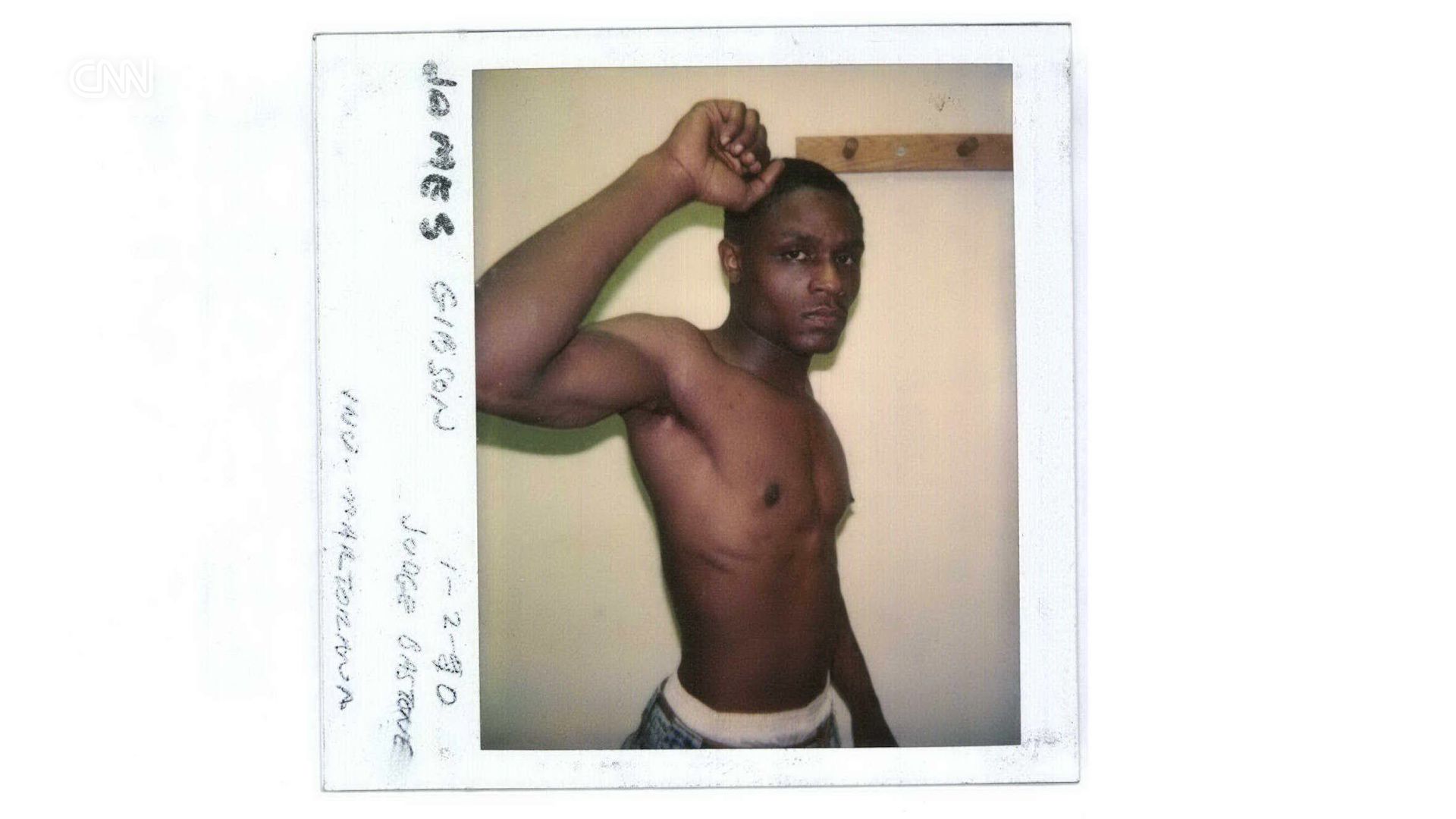UPDATE: Two men, James Gibson and Keith Smith, have finally regained their freedom after being wrongfully imprisoned for over two decades due to police misconduct in Chicago. Their harrowing story highlights systemic issues within law enforcement that plagued them since 1989.
New revelations confirm that both men were coerced into false confessions under brutal interrogation methods led by former police commander Jon Burge. Gibson and Smith, who grew up just three houses apart, were accused of a double murder in their neighborhood, a crime they did not commit. The emotional toll of their wrongful convictions is profound and continues to resonate.
In December 1989, police arrested Gibson while he was running an errand, despite his alibi. During his detention, he endured severe physical abuse, including being punched and kicked, which caused him to black out. Simultaneously, Smith was subjected to similar brutality, which ultimately led him to falsely implicate Gibson in the murders to escape his horrific conditions.
Both men were convicted based on extorted statements, with Gibson receiving a life sentence. In a shocking turn, Smith accepted an Alford plea to shorten his time in prison, a decision that would later complicate his quest for justice.
Over the years, the truth emerged about the systemic torture engineered by Burge and his team, who are believed to have abused at least 130 other individuals. In 2015, Gibson’s claims of torture were validated by the Torture Inquiry and Relief Commission, leading to a new trial. On April 8, 2019, all charges against him were dismissed, setting him free after nearly 30 years behind bars.
Meanwhile, Smith, who was released in 2012, faced a different reality. While Gibson received a substantial settlement of $14.75 million from the city for his wrongful imprisonment, Smith found himself struggling with homelessness and lack of resources. His Alford plea barred him from pursuing a civil lawsuit, leaving him without financial restitution.
Their deeply intertwined stories reveal the harsh realities of wrongful convictions and the long-lasting effects of trauma. As Smith noted, “You could give him a hundred million dollars, but still Gibson wouldn’t be able to get the seven years back that he lost.”
Despite their different paths following release, both men share a bond forged in suffering and resilience. They recently reunited at a celebration for Gibson’s settlement, illustrating their enduring friendship despite the pain of their pasts.
“It’s hard for me, everything,” Smith admitted, highlighting the stark contrast between their fates. Gibson, reflecting on his newfound wealth, expressed the emptiness of material gain without the time lost. “It ain’t no congratulations,” he said. “I had my whole life ahead of me.”
As both men navigate their post-incarceration lives, they continue to advocate for justice and reform within the system that wronged them. Their experiences serve as urgent reminders of the need for accountability and change in law enforcement practices across the nation.
The emotional scars remain, but both men are committed to moving forward, cherishing their freedom and the possibility of a brighter future. “I got what I really want and that’s freedom,” Smith concluded, underscoring the human spirit’s resilience in the face of overwhelming adversity.
With their stories now gaining traction, the call for justice and recognition of wrongful convictions resonates louder than ever, urging society to confront the dark realities of policing and its impact on innocent lives.
